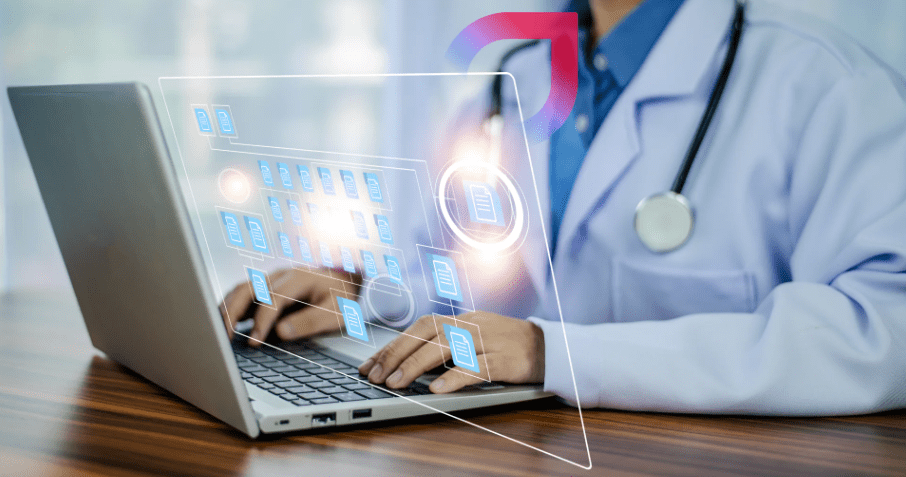18 Key Healthcare Software Solutions to Boost Your Medical Practice
Digital transformation is becoming essential across all industries, including healthcare. Both doctors and patients no longer have to endure lengthy, complex consultation and treatment processes on a daily basis. This shift has enabled the development of various healthcare software solutions designed to boost efficiency and improve healthcare delivery. The COVID-19 pandemic further highlighted the critical role of new technological tools in addressing health challenges.
The pandemic accelerated the uptake of digital health applications, especially in telehealth, teleconsultation, and remote patient monitoring. As reported by Statista, global users of online doctor consultations have surged from over 57 million in 2019 to more than 116 million in 2024, with projections indicating this number will exceed 124 million by 2028.
The use of digital health solutions, including tailored healthcare management software, is expected to continue growing in the coming years, underscoring the importance of investing in innovative digital healthcare technologies.
The healthcare IT services sector was projected to reach $326.1 billion in 2021, even before the pandemic, and is now expected to grow to $662 billion by 2026. As digital skepticism fades, healthcare stakeholders worldwide increasingly recognize that digital solutions are the future. The global healthcare IT market was valued at $663 billion in 2023 and is projected to expand rapidly at a compound annual growth rate (CAGR) of 15.8% between 2024 and 2030.
This article will explore the various types of healthcare software transforming the industry and how they can elevate your medical business. But first, let’s look at some key benefits of healthcare software for the sector.
The impact of software on healthcare
- Simple access
- More satisfied patients
- Care of better quality
- Fewer mistakes
Medical practice management software development plays a vital role in transforming healthcare operations—helping minimize errors, streamline processes, and support hospitals and clinics in achieving their business goals.
With hospitals expanding each year and their operations becoming increasingly complex, the need for efficient systems is critical. To reduce costs and ensure smooth asset management, healthcare providers are adopting specialized medical software. These solutions help control operational expenses, optimize inventory management, and guarantee that essential equipment remains properly maintained.
Additionally, enhancing patient satisfaction is a key focus. Modern healthcare software now offers must-have features such as instant access to treatment records and medical histories. Integrated tools like automated scheduling, unified communication networks, in-app reminders, and messaging simplify workflows, improve efficiency, and create a seamless patient experience—making them essential for customer satisfaction.
Today, doctors can remotely monitor patients through healthcare practice management systems, allowing them to consult, examine, and diagnose without needing to step outside their practice.
18 Healthcare Software Types That Companies Can Use to Simplify Operations
- EHR (Electronic Health Records)
- Telemedicine Software
- Telehealth Software
- Medical Equipment Management
- Health Tracking Apps
- Hospital Management Software (HMS)
- Medical Diagnosis Software
- Healthcare Billing Software
- Medical Research Software
- Appointment Booking Software
- Medical Imaging Software
- E-prescription Software
- Remote Patient Monitoring Software
- Patient Feedback Management Software
- Pharmacy Management Software
- Medical Database Software
- Patient Management Software
- Healthcare RCM Software


















